[dropcap]In[/dropcap] 2016, I photographed the writer Diamond Sharp sitting in the grass in a park in Brooklyn. I asked her to close her eyes, take a deep breath and turn her face to the sun. The photograph illuminated a woman in stillness, surrounded by overgrown plants.
Black people are often photographed in cold, concrete settings in cities, as if that is the only environment we inhabit. This portrait was part of a series I shot of young artists of color, set in lush urban parks, that was meant to challenge that narrative. [mc4wp_form id=”6042″]
A professor who critiqued my photographs said the images were not charged up enough. Perhaps she expected the images to say something overtly political. I continue to think about the implications of that comment and the need for blackness to be presented in protest. It is reductive to think that blackness, as it is represented in art, should be only symbolic.
That’s why the selection of Kehinde Wiley and Amy Sherald to paint the portraits of Barack and Michelle Obama for the Smithsonian National Portrait Gallery signals something very important.
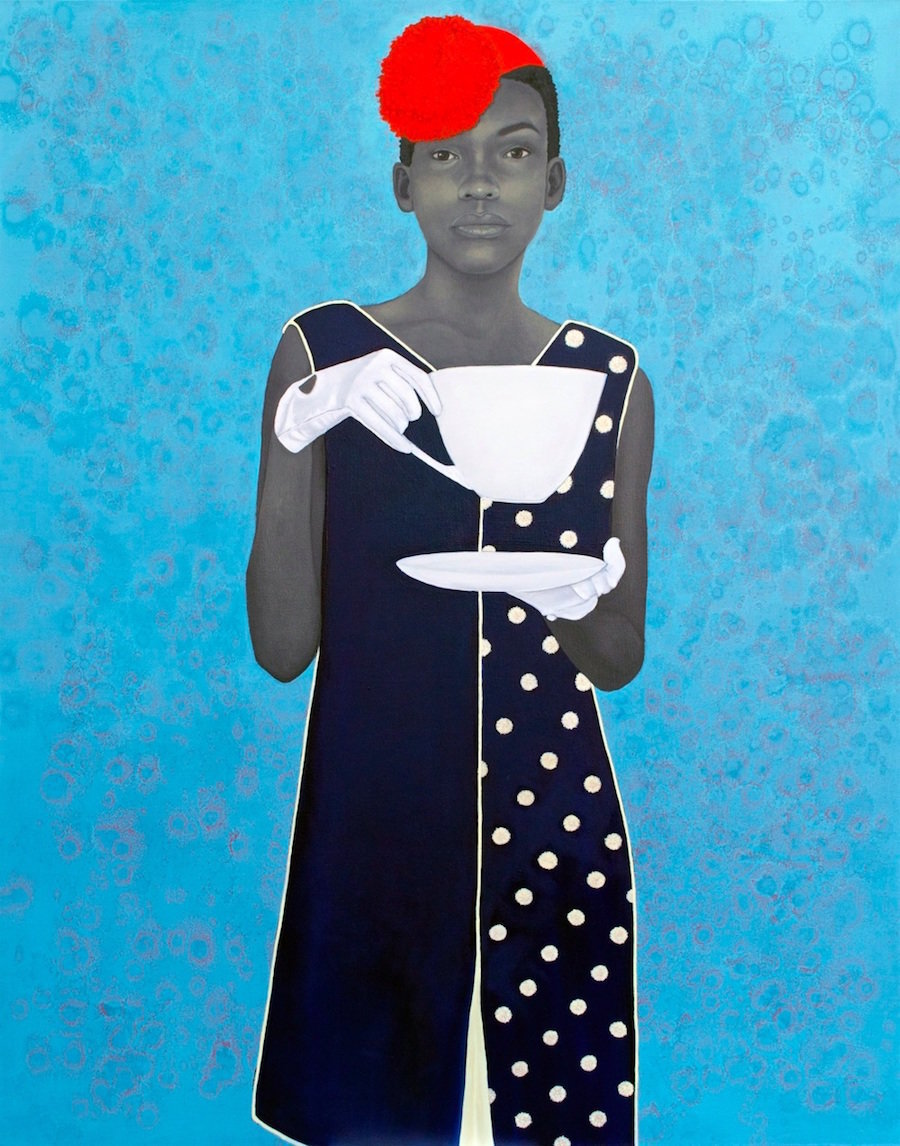 Courtesy of the artist and Monique Meloche Gallery, Chicago | Credit
Courtesy of the artist and Monique Meloche Gallery, Chicago | Credit
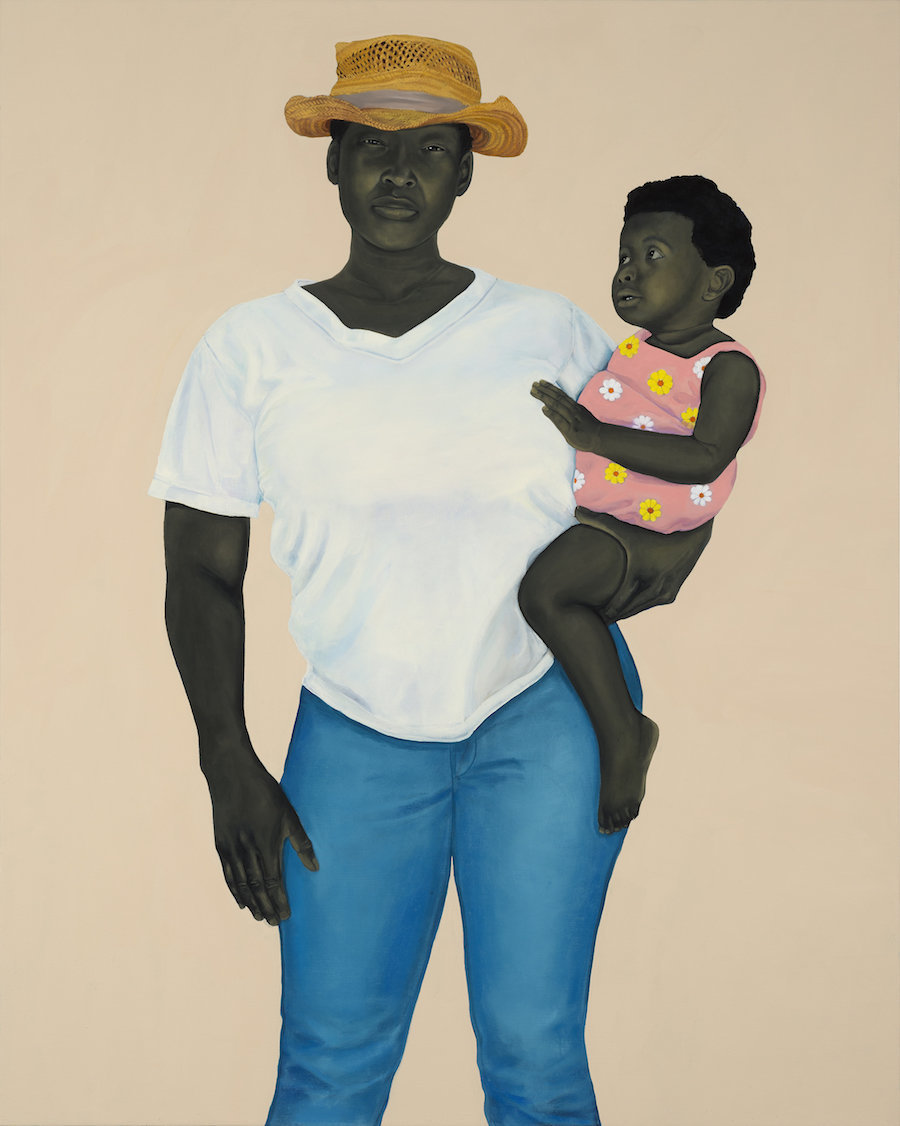 Courtesy of the artist and Monique Meloche Gallery, Chicago | Credit
Courtesy of the artist and Monique Meloche Gallery, Chicago | Credit
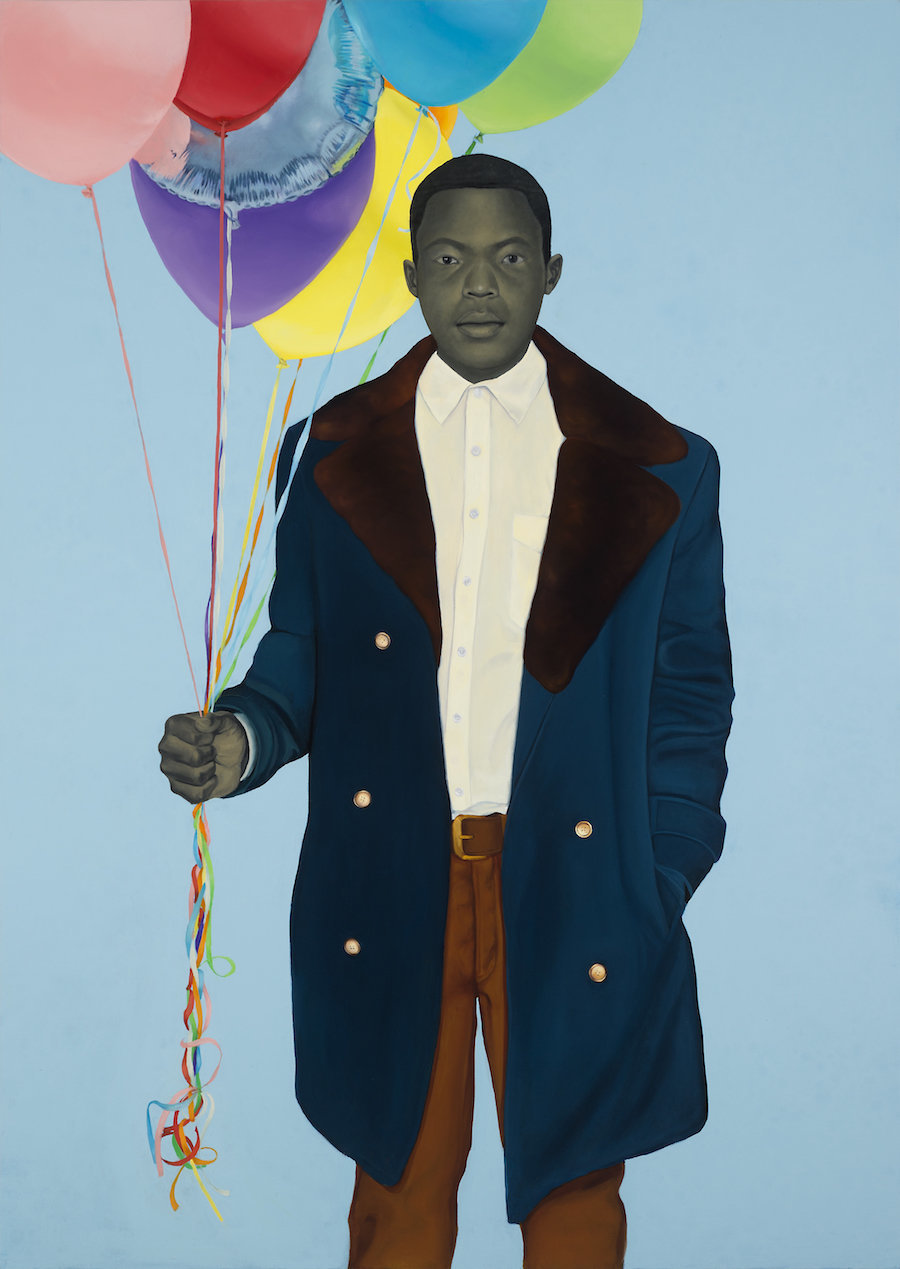 Courtesy of the artist and Monique Meloche Gallery, Chicago | Credit
Courtesy of the artist and Monique Meloche Gallery, Chicago | Credit
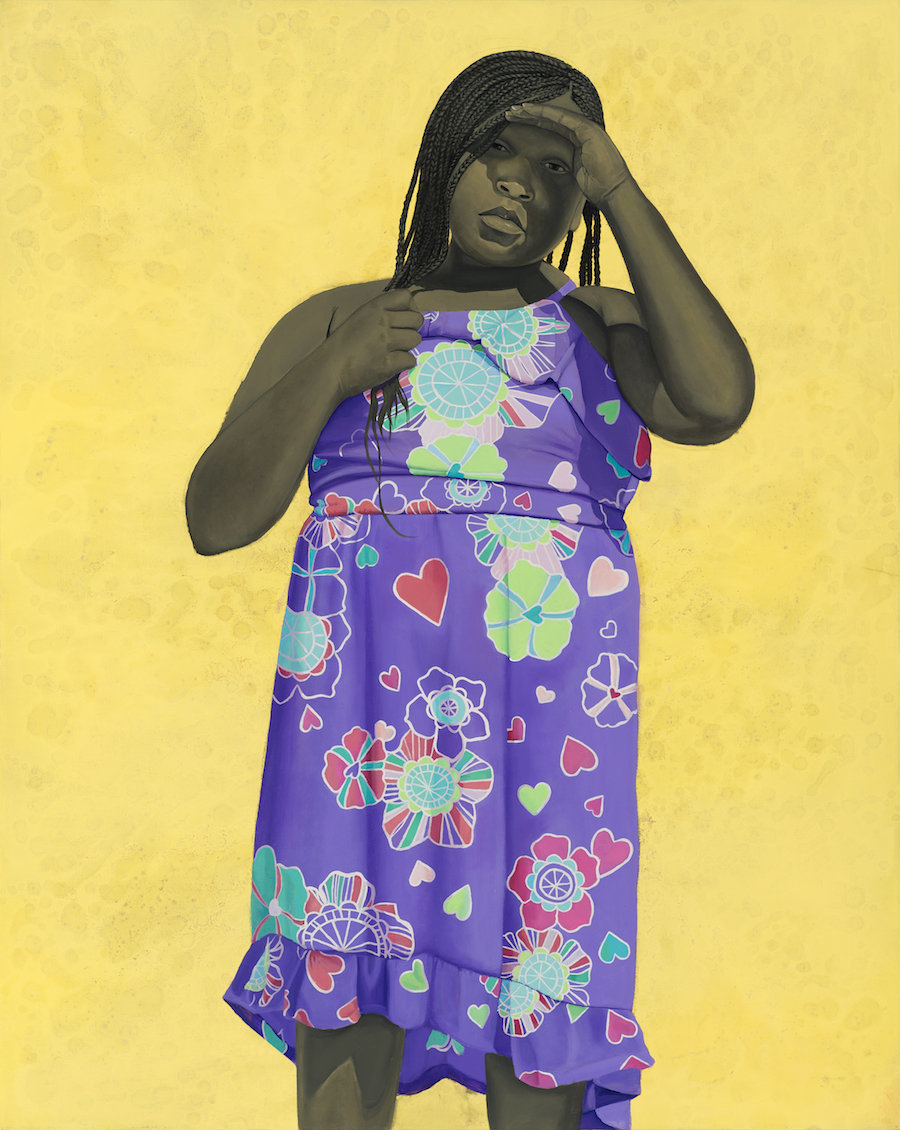 Courtesy of the artist and Monique Meloche Gallery, Chicago | Credit
Courtesy of the artist and Monique Meloche Gallery, Chicago | Credit
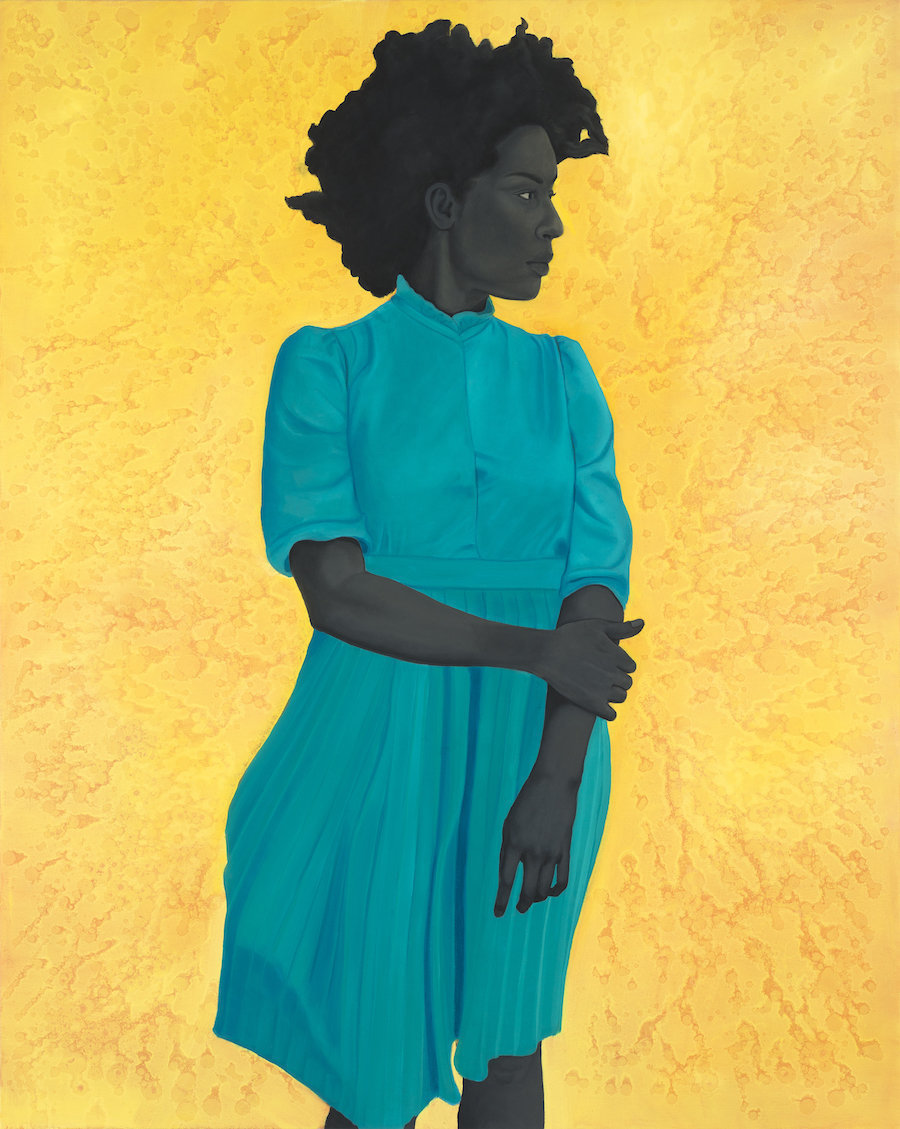 Courtesy of the artist and Monique Meloche Gallery, Chicago | Credit
Courtesy of the artist and Monique Meloche Gallery, Chicago | Credit
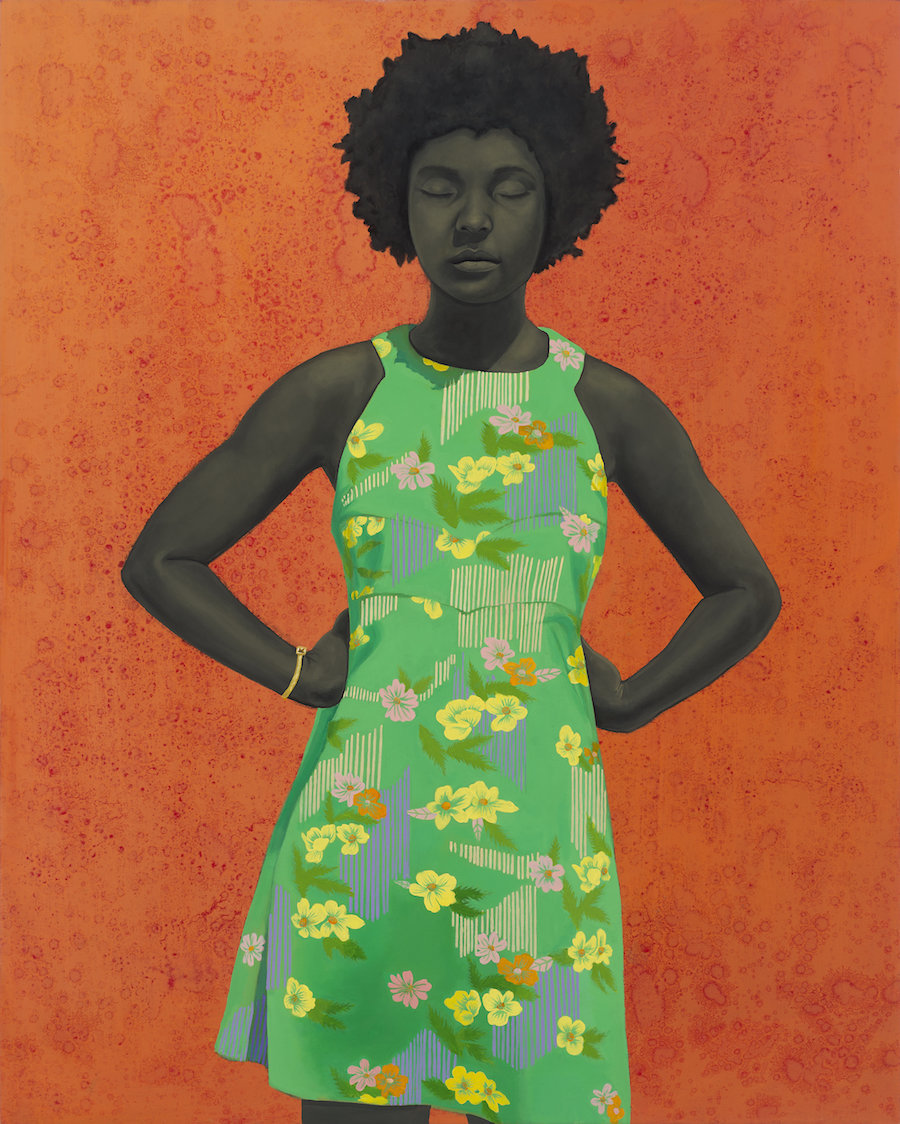 Courtesy of the artist and Monique Meloche Gallery, Chicago | Credit
Courtesy of the artist and Monique Meloche Gallery, Chicago | Credit
STUDIO MUSEUM IN HARLEM | HARLEM, NY
The Studio Museum in Harlem is the nexus for artists of African descent locally, nationally and internationally and for work that has been inspired and influenced by black culture. It is a site for the dynamic exchange of ideas about art and society.charter members. The Museum opened to the public on September 24, 2016, as the 19th and newest museum of the Smithsonian Institution. (Website).

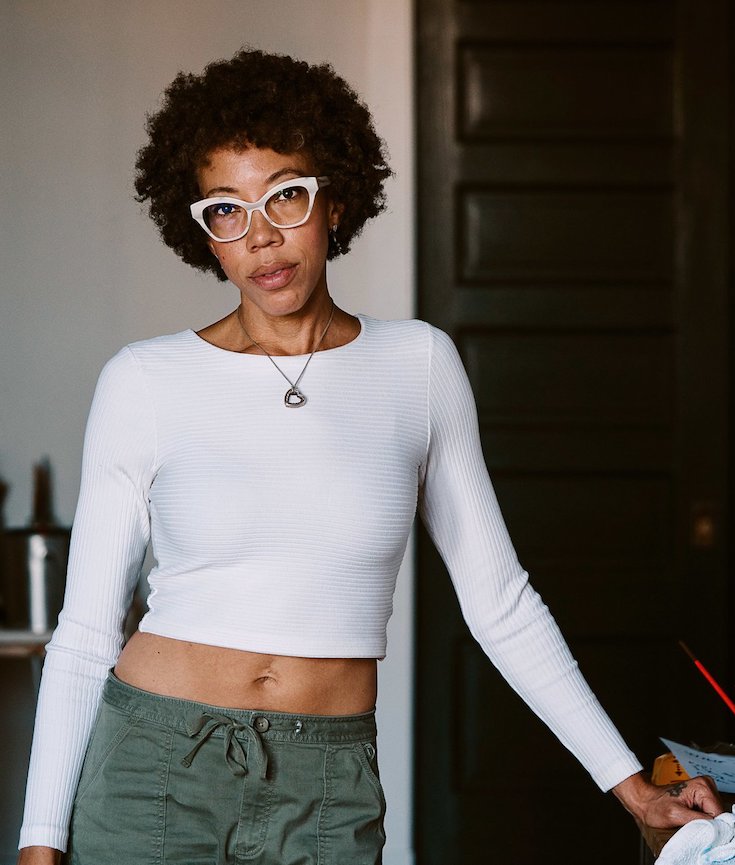
You must be logged in to post a comment.